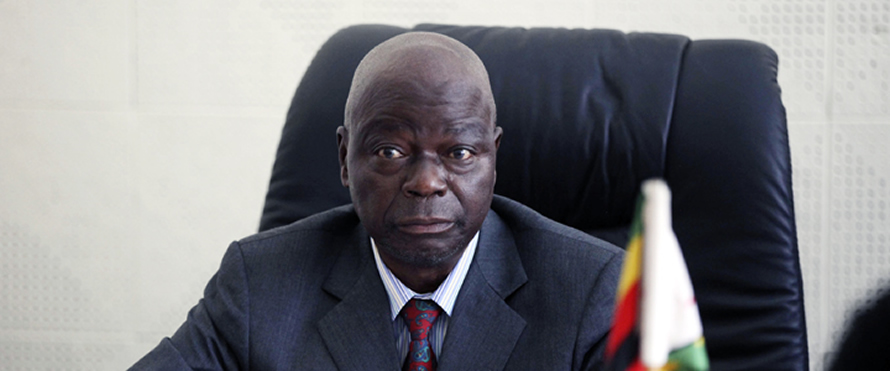
The Sunday Mail

Tinashe Farawo and Pamela Nyabadza
Government has ordered an audit into the operations of Zesa Holdings, which will result in part of the parastatal’s 7 000-strong workforce being retrenched and the wage bill of US$20 million being cut. A senior Government official indicated there was widespread recruitment on nepotistic lines, and such workers would be targeted by the audit. Many of those employed via nepotism, it seems, are not performing any essential tasks and yet Zesa has a shortage of engineers.
The saved money will be directed to electricity generation initiatives.
Before the end of the year, the power utility is also set to begin implementing an ambitious US$184 million solar energy project to ease load-shedding.
Energy is central to the success of the Zimbabwe Agenda for Sustainable Socio-Economic Transformation. Energy and Power Development Minister Dzikamai Mavhaire said the audit would determine how many workers would be laid off.
Cutting the wage bill and new power generation projects will make the parastatal, which has come under fire over load-shedding in recent years, more viable.
Minister Mavhaire told The Sunday Mail that: “We have ordered an audit for Zesa and its subsidiaries because we have a situation where we have a lot of people doing nothing yet we have a serious shortage of engineers.
“The purpose of the audit is not to fire people from work but we also do not want that huge workforce which is literally doing nothing and the results of the audit will tell us who is doing what, nekuti nyaya yekuti ichi chimwana chatete ngachipinde basa pasina zvachiri kuita hatisikuida.
“After the audit, what we are going to do is if a non-critical staff member dies, we will not replace. If a non-critical staff member resigns, there will be no replacement either.
“In fact, we are in desperate need of skilled labour.” The minister said he had ordered the power utility to lure critical staff, like engineers. He emphasised that Zesa must be run like a private business and make profits, adding that the same expectation applied to all parastatals and State enterprises under his jurisdiction.
“The honeymoon is over; we cannot afford to have so many people who are doing nothing. Zesa must be run like a private business. As a shareholder, I am expecting a dividend, so how are we going to make money if our wage bill is so huge?
“Is there any reason why Zesa should not be profitable when people need power? Why is it that PetroTrade is not performing when people are driving cars? I have already directed the boards and management to work hard so that we make money.” Minister Mavhaire said Zesa had capacity to raise money for expansion projects without borrowing. The parastatal collects a minimum of US$50 million monthly, a figure expected to hit US$60 million by end of August, according to the minister.
“If we manage to reduce our wage bill we can put some money into our expansion projects instead of borrowing. Imagine the US$800 million which we are owed by consumers — we could have financed the Kariba Hydro and Hwange 7 and 8 projects without borrowing.” The ministry’s permanent secretary, Mr Patson Mbiriri, said installation of solar power components would start once the State Procurement Board concluded formalities.
He said power companies Intra-trek, China Jianxi and ZTE placed bids to implement the project, which is expected to be completed in not more than two years.
“There were three bids from companies like China Jianxi, Intra-trek, which is an indigenous partner, and ZTE, but the State Procurement Board will decide on whether all the three companies will get the contract or one of them,” he said. Mr Mbiriri said solar power would minimise electricity shortages, but hastened to point out that this would not necessarily translate into lower tariffs because it was more expensive than hydro and thermal generation.
“Solar energy costs 17 cents per kilowatt hour while thermal power costs seven cents; hydro power costs four cents per kilowatt hour and gas costs two cents.”
The solar project is expected to add 300 megawatts to the national grid. Zesa is currently supplying an average of 1 200MW against national demand of 2 200MW. The solar project is likely to be housed on 200 hectares of land in south-western Zimbabwe where there is abundant sunshine.




